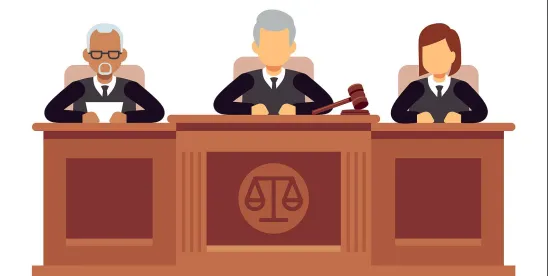I have a fascinating tidbit from a TCPA discovery dispute.
In a recent decision on a motion to compel, a defendant was not required to produce purported communications between its attorneys and class members, or a “privilege log” thereof.
Taking a quick step back, Federal Rule of Civil Procedure 26(b)(5)(A)(ii) generally requires that parties withholding information based on attorney-client privilege or the work product doctrine “describe the nature of the documents, communications, or tangible things not produced or disclosed.” This description, generally known as a “privilege log,” was ultimately not required by a magistrate judge in Walston v. Nat’l Retail Solutions, Inc. d/b/a NRS Pay. No. 24 C 83, 2025 WL 580518, *6 (N.D. Ill. Feb. 21, 2025).
In Walston, the plaintiff wanted all records of communication between the defendant or its counsel and potential class members. Id. at *4. This lead to a motion to compel by the plaintiff and two interesting disputes regarding plaintiff’s discovery requests: (1) whether plaintiff was entitled to records of communication between defendant and potential class members and (2) whether plaintiff was entitled to records of communication between defendant’s counsel and potential class members.
Regarding the first dispute, the defendant contended that it had not communicated with class members—and that any such communications were made by its counsel. Id. at *5. The court agreed that documents that the defendant never possessed—i.e., because their counsel (probably) had the communications and never explicitly gave them to the defendant—could not be compelled by a discovery request. Id. at *6.
However, it is worth noting that, if the defendant had communicated with potential class members, that information would have been discoverable. Id. at *5.
On the second dispute as to communications between defendant’s counsel and potential class members, the defendant again asserted that it never had those communications. Id. at *6. Further, to the extent that the defendant communicated with its counsel regarding those communications, the defendant asserted attorney-client privilege and the work product doctrine. Id. The plaintiff requested a privilege log of withheld communications, and the defendant argued that documents created after a lawsuit is filed are presumed privilege and thus not subject to a privilege log. Id. at 5.
The court noted an emerging trend in which courts are not enforcing strict adherence with Rule 26(b)(5)(A)(ii) and thus not requiring a privilege log for withheld communication between a client and their counsel that occurred after litigation has commenced. Id. at 5 (citing Rayome v. Abt Elecs., 2004 WL 1435098, at *4 (N.D. Ill. Apr. 3, 2024)).
That is the key takeaway from this case: the promising view that privilege logs are not required for communication between counsel and their client in litigation matters. Privilege logs can be burdensome and, in some cases, just as damaging as producing the privileged information.
More updates are to come, as we see how courts apply this emerging trend!




 />i
/>i

